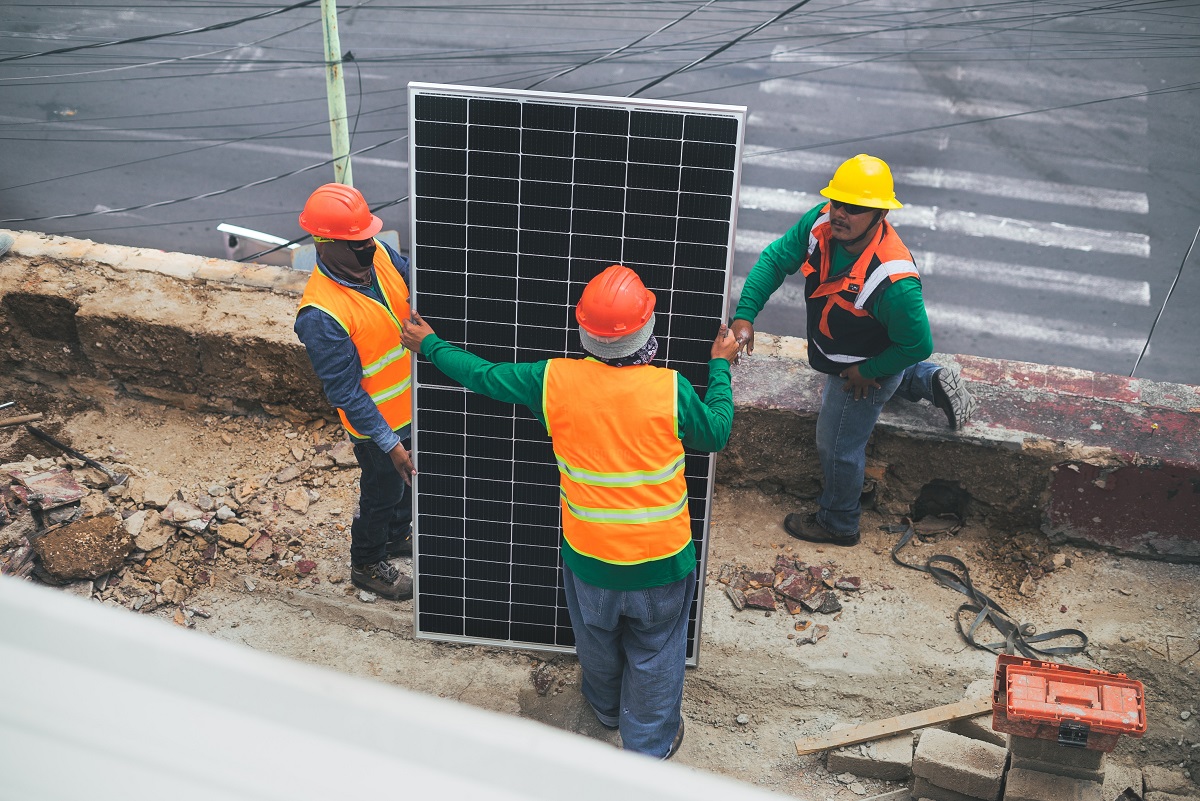With energy expenses on the rise again from April, homeowners in the U.K. are looking to the sky to attempt to alleviate the strain on their wallets — by installing solar panels.
The new modification to the regulator’s default tariff ceiling implies that the average annual dual-fuel payment will rise to £1,971 (2,355 EUR) from spring, a 54 percent increase over present levels, according to Guardian.
And, as more people work from home, consuming more energy during the day, many are considering installing solar panels to save money and perhaps make money from the energy they create.
According to Thomas Newby, CEO of Leeds-based renewable energy firm Egg, they got the same amount of queries in the first nine days of this month as they did in the whole month of November.
Solar panels convert solar energy into electricity. More sunshine generates more power, which may be consumed in your house or exported to the national grid.
However, installing them is not free. The average bill is about £5,000 (5,980 EUR), and growing labor costs and PV panel shortages mean that prices are rising.
According to the Energy Saving Trust, an organization that promotes electricity conservation, domestic systems typically consist of 10 to 15 panels, each of which generates between 200W and 350W of energy. The greater the number of panels on the roof, the higher the installation cost, but also the possibility for more energy.
The average cost of installing a 3.5kW system, including labor, is £4,800 (5,736 EUR). This is typically 12 panels.
This pricing excludes the purchase of a battery, which permits solar energy to be stored for later use. According to GreenMatch, which compares green energy products, they cost between £1,200 and £6,000.
Under the Smart Export Guarantee (SEG), homes can be compensated for excess power that is exported back to the grid. You may shop around for the greatest price for the energy you produce.
Solar Energy UK, a trade organization, lists the best prices for households that feedback into the grid. Tesla’s Energy Plan is the most expensive, costing 12p per kWh, but it requires the installation of one of its own Powerwall batteries. Octopus Energy charges 7.5 pence per kWh.
The savings on your bills, as well as the time it takes to repay your investment, vary based on where you live, whether power is sold back to the grid, and how much energy you consume.
According to the Energy Saving Trust, a residence in London where inhabitants are at home all day and selling energy back to the grid can save £385 per year.

